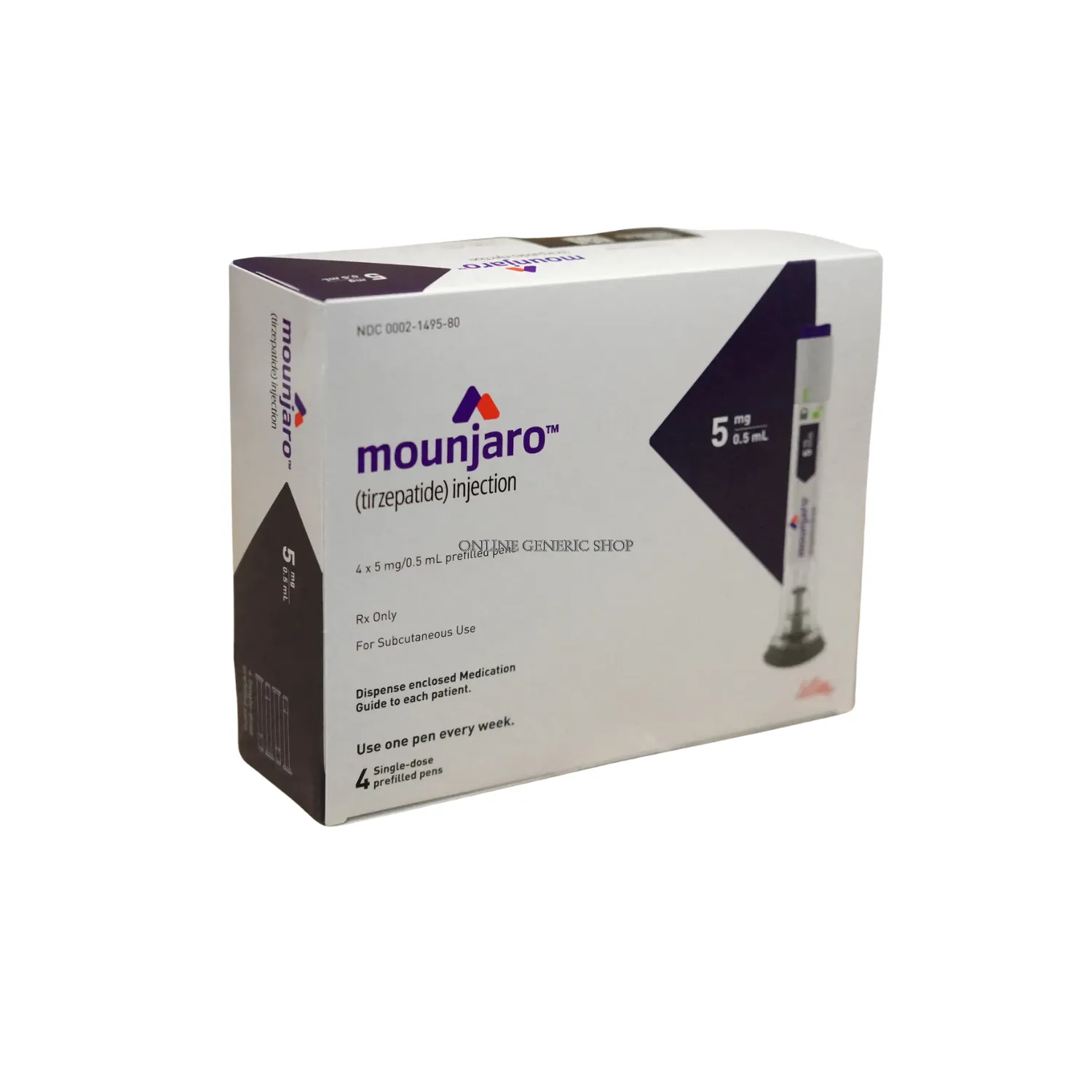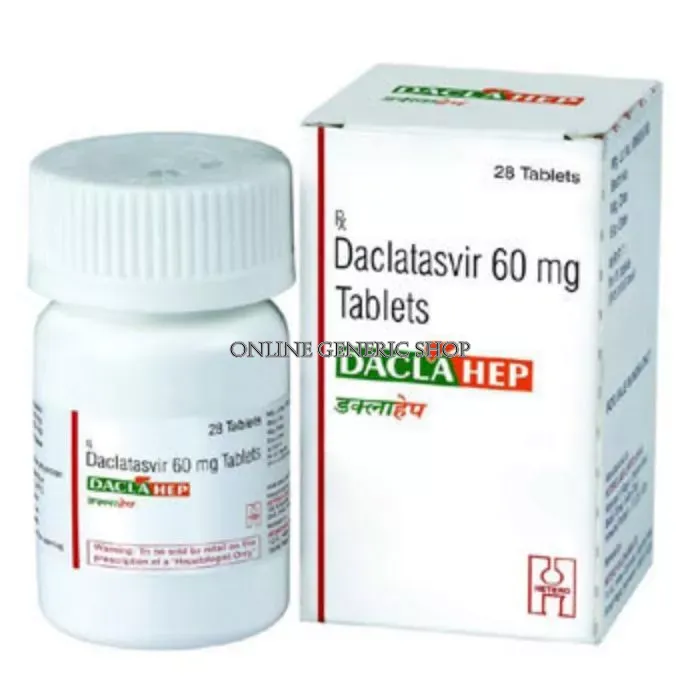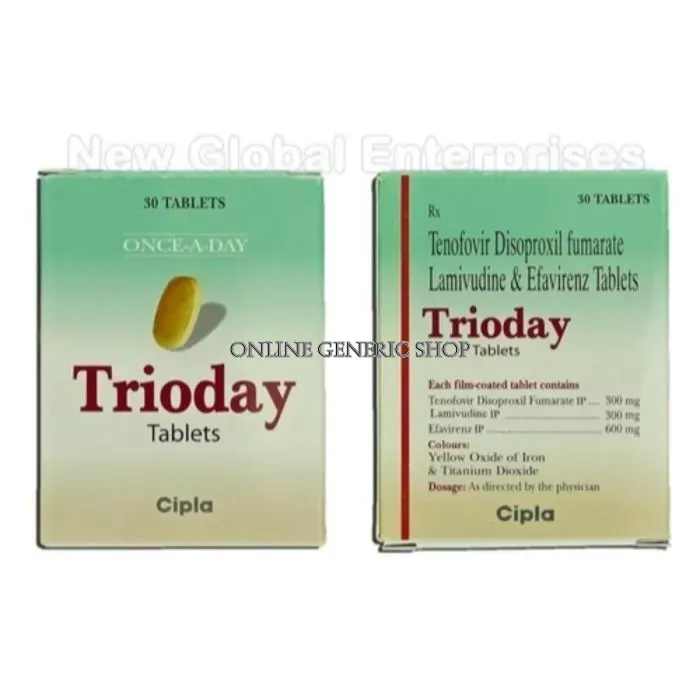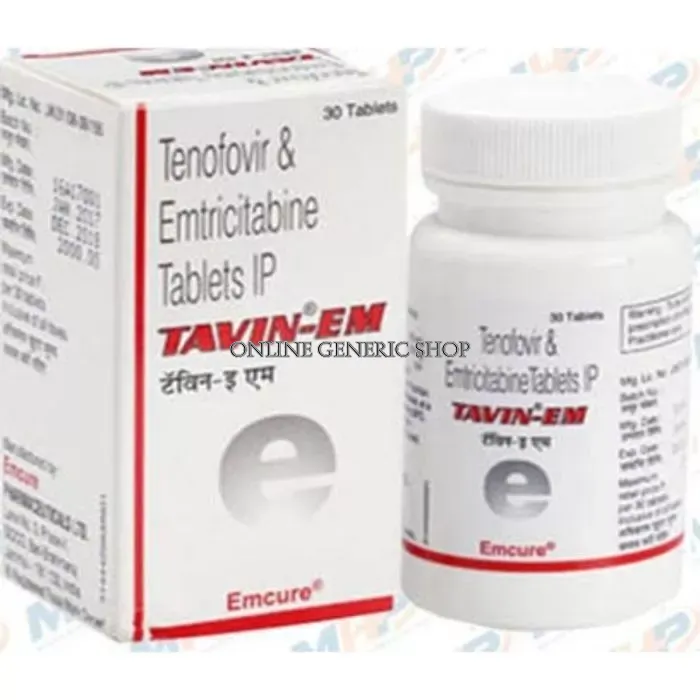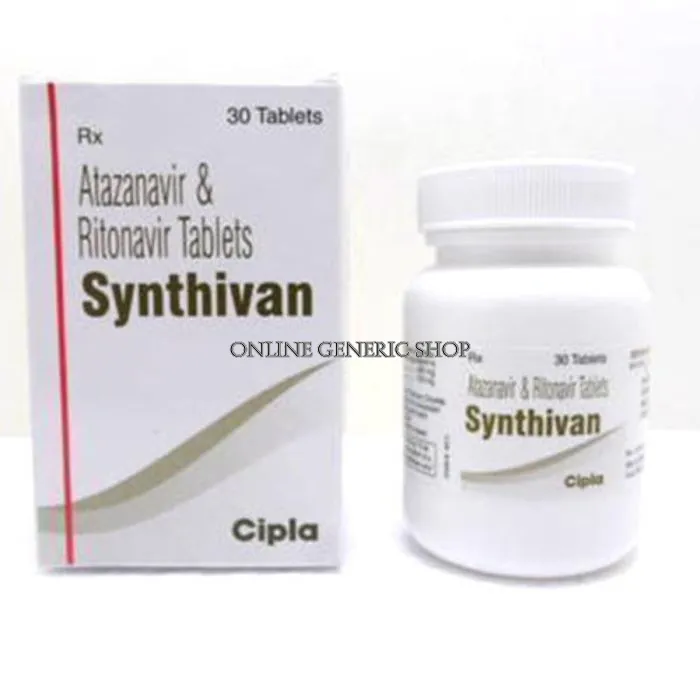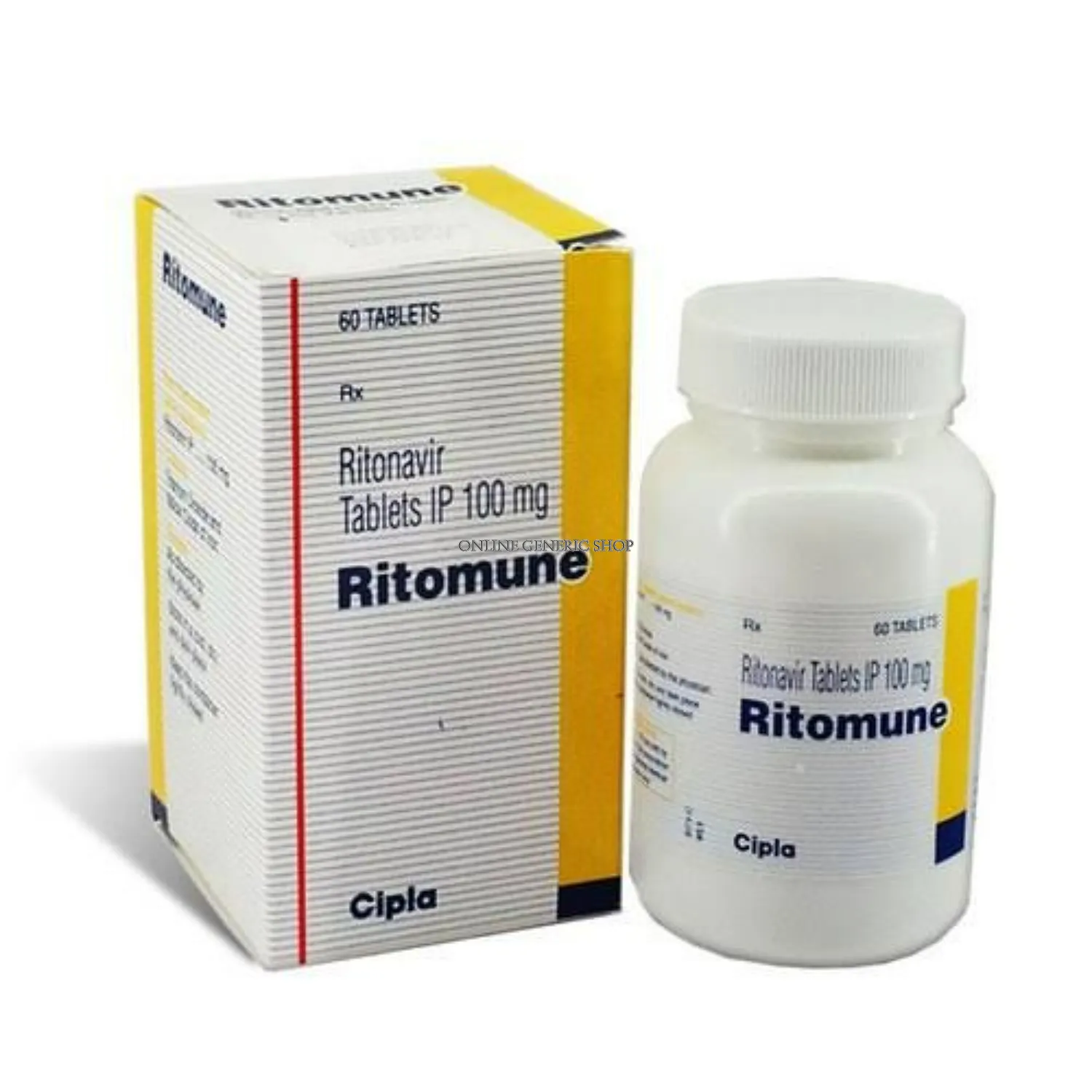Product Grid
HIV & Herpes
It is HIV and Herpes viruses, which are the most prevalent types of STDs, (Human Immunodeficiency Virus) and another kind of Herpes virus.
Genital Herpes is an infection that increases the risk of acquiring HIV and ultimately leads to the development Aids.
Presence of Herpes Simplex Virus Type 1 and 2 and the invasion of immune system lead to genital herpes and may also predict genital sores.
Often an infected human being does not show any signs and might not even be aware of the infection and still remains contagious.
Herpes and HIV, which are the two most common sexually transmitted diseases, are considered as the main targets.
A person having Herpes simplex virus has higher chances of getting the Human immunodeficiency virus (HIV), which in turn is a cause of the Acquired immune deficiency syndrome (AIDS) illness.
What makes herpes is the virus which is also called herpes simplex virus (HSV).
The efficaciousness of HIV medications is in enhancing the lifespan and ensuring a healthy living for people living with this virus.
In other words, people who have genital herpes are more likely to get infected with HIV (The virus that causes AIDS) and HIV can also bring serious problems to people living with the HIV virus. This is more so for people living with HIV.
The peers who are ever to have an outbreak of genital herpes are more prone to the risk of getting infected with the Human Immunodeficiency Virus during a sexual contact.
In a situation with a wound that has formed a sore, the immune system is to heal it, which means there are many immune cells that are in the whole area of the open sore.
Those- are the cells or not activated by the cells that the HIV virus attacks.
In the case of HIV existing in male or female genital fluid or blood, the possibility of getting infected is great in case the sore touches the blood or the fluid.
The Compound Effect of Genital Herpes and HIV
HIV and the genital herpes virusas a double tricky agent becoming a concern.
While one can be bad, it can turn the other side into the bad as well.
Studies demonstrate that the herpes virus is active at times when the cells harbouring HIV are forced to multiple more times they would possibly which is referred to as replication.
The quicker and more replicates HIV, the more of the body's immune-infecting cells destroy, and so AIDS comes.
HIV and herpes rarely occur together, however, if affected, people with both viruses can have longer-lasting, more frequent, and more severe outbreaks of the herpes symptoms, because a suppressive immune system will struggle to keep the herpes virus in check, and this is effective in a healthy immune system.
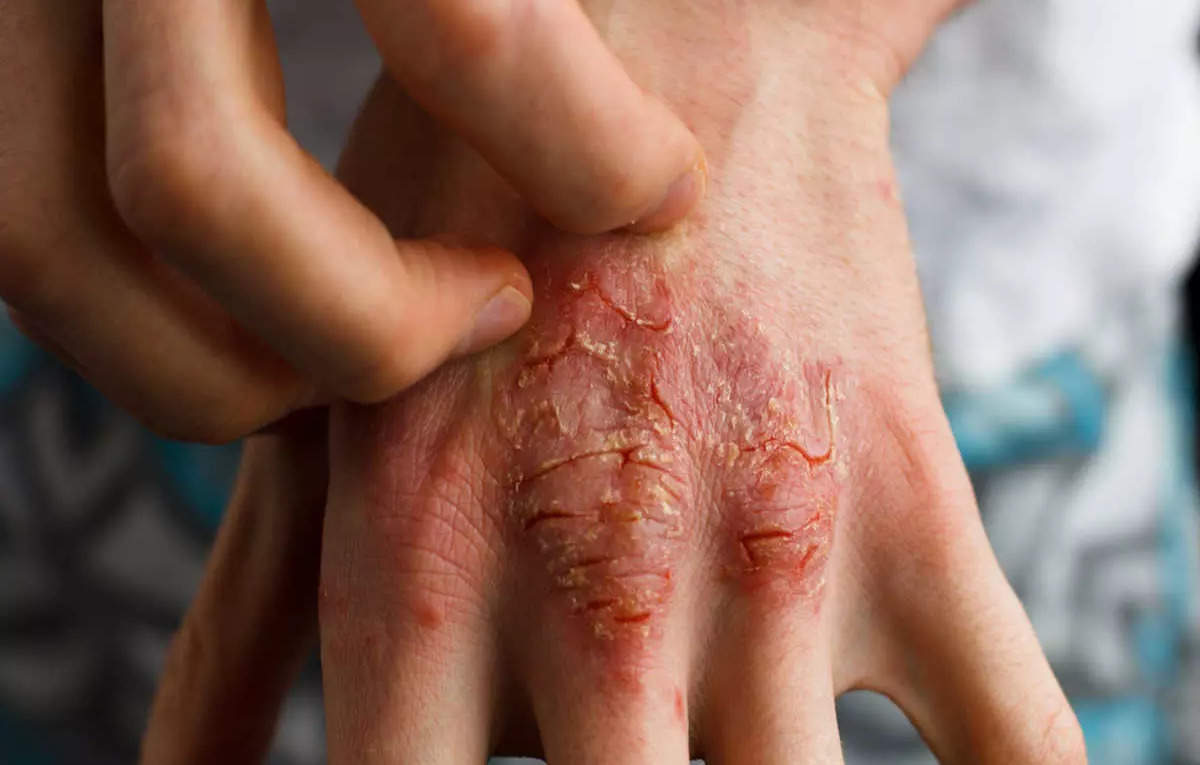
Herpes:
There are two types of HSV, HSV-1 and HSV-2, and they both are the triggers of herpes.
The moment you get the infection, the virus gets in your body cells and remains there for life, thus making it necessary to take care of your body all the time.
Hence, as those you impact do not display the symptoms of the virus, you are still what happens to be the transmitter.
Like most viruses, there are two types of the herpes virus, both of which can cause infections around the mouth and genital areas.
The two types are:
HSV-I
HSV-II
The oral herpes is accompanied with burning and pain as red blisters are noticed it inside the nose, in the roof of mouth, and in the gums.
Of course, the region which is sensitive to all is the edge of the lips where the corner that meets the skin.
Antiviral medication for oral herpes assists in relieving painful symptoms responsible for soreness, burning, itching, and blisters that have clear or bloody fluid.
A physician, in most circumstances, provides a perfect treatment for oral herpes.
Transmission of HSV Virus
It is an infectious disease very easy going. The virus can present between the source person and the healthy person through transmission during mouth, genital, and the anus toothings.
Therefore, skin-on-skin contact, say kissing and genital contact, with a person infected with the rash-like make sure that it is practiced.
Over there what I particularly worried about is that the disease can be transferred through the-the fluid of the blisters that if you touch blisters and then touching face or eyes—there actually-there is far a dangerous problem for eyes.
The HSV can be also transmitted to newborn babies as a result of a vaginal birth delivery of a carrier mother.
Precautions:
Consume foods which are free from chemicals, artificial colors, and preservatives.
A good sanitary rule is to not share dildos, vibrators, or any other sex toys that you may have.
Do not add the partner to the ‘do not kiss’ list if the cold sores are on their lips.
A condom can only protect a few part of the body where the gathering around genitals may also suffer.
Understanding that HSV can be transmitted in pregnancy and may require a caesarean delivery, all these women must make plans for caesarian delivery against vaginal birth.
Symptoms Of Genital Herpes
Any of the following symptoms of a genital HSV infection can occur in a man or a woman:
- Prominent blood vessels around the genitals covered with either cracks, raw, or red areas with pain, itching, or palpable tingling.
- A sense or an urge to get your genitals to scratch or an anal area sensing like ants running up and down.
- Small blisters that usually cause thirst and pain. This might develop into sores.
- These may be present either on (the penis/vagina) or in the area of the anus, vagina, buttocks, thighs or even in the rectal area.
- An in-depth urethra blister may happen at the body of these tumorses.
- It generally happens to women suffering from uneasiness and pain from urine passing over the sores when sores are treated.
- Headaches
- Backaches
- Supportive evidence is required to make this claim since the things that cause such signs are not limited to genital herpes only.
- Another unpleasant fact is that HSV can be misdiagnosed and mistaken for vaginal yeast infections, bacterial infections as well as bladder infections.
- The medical provider is the only one that is able to say for sure whether or not the outbreaks are indeed due to HSV or another medical condition.
- If somebody gets infected with genital herpes his/her physician usually carries out a physical exam and then follows it up with testing, either by a swab or blood test.
Genital Herpes And Hiv Treatment Issues
The patient's immune system is challenged much more by having both genital herpes and HIV as well.
As a result, individuals whose HIV status has been diagnosed demand a larger quantity of antiviral medicine in order to combat herpes.
Not only that, many people with HIV have herpetic strains of a virus which seem to be not sensitive to antiviral drugs that are habitually used, including standard ones.
Taking antiviral drug for genital herpes would be effective if the resistance type of the drug taking aren't working.
Your physician can then do a herpes virus testing to check for resistance failures.
The effectiveness of the drugs may be influenced by the resistance of the virus, but in this case, still we have the option of using the drugs like Foscarnet and cidofovir.
If you are diagnosed with HIV, consider the possibility of checking for Herpes genitalis virus (Herpes genitalis).
Another useful recommendation for people positive of herpes and HIV would be to consult a doctor on available treatment alternatives.
Treatment Of Herpes
There is no definite solution to genital herpes as of now.
Treatment with prescription antiviral medications may:
- This important because sores will heal faster when a person is initially dealing with a new outbreak.
- Milder and shorter occurrences of such apparent exacerbations can be achieved.
- Lower the opinion of the frequency of recurrence.
- Mitigate the opportunity for a herpes virus transmission to another partner.
Antiviral medications used for genital herpes include:
- Acyclovir (Zovirax)
- Valacyclovir (Valtrex)
Your doctor might give you instructions to take the medication only when you have the outbreak or he may give you authorities to take the medicine daily, even if you do not have any signs of the outbreak.
These drugs, basically, do not cause any serious adverse reaction.
HIV
HIV causes AIDS; it is AIDS that is abbreviated as AIOS (Acquired Immuno Deficiency Syndrome).
T-cells responsible for the normal functioning of the immune system will be impaired by the attack.
During AIDS, a person becomes weak and this state makes it difficult to fight other infections due to the vulnerability.
It is not a death sentence as once believed unless the disease is not taken care as it should be, a person living with HIV can live to a ripe old age and that too fully healthy.
Transmission:
HIV is a cellblood that can be transmitted through any body effluvium, including semen, vaginal fluid, rectal moisture, and breast milk.
The ways of transmission of HIV:
Having anal, vaginal or oral sex
Sharing Of Injections
As well as the issues among the mothers there are also the problems that occur as the mother adopts various roles, roles like being a midwife to the child in the pregnancy, birth or nursing.
Precautions:
Intercourse can be protected by using condoms that ensure most effective prevention of HIV spread.
By heart prevention of HIV can be decreased through refuting the use of sliced needles again.
Undertake mother-to-child HIV transmission risk reduction measures.
HIV Treatment:
This is a question that science is still trying to understand if virus is it curable.
Previously, nothing except antiviral treatment, as well as attempts at elimination of the virus, have been proven possible.
However, the fact that the right HIV preventive drug is used, enables the person living with HIV to go on living a long and healthy life.
The therapy of HIV/AIDS covers antiretroviral medications that consist of a wide range of drugs.
The neuropsychiatric symptoms further complicate this scenario by affecting their cognitive and behavioral functions, leading to brain damage.
Taken daily, the pills for HIV prevention heighten one's immunity by inhibiting the CD4 cell numbers from increasing.
The most widespread medications for HIV prophylaxis include the pills with Lamivudine/Zidovudine/Stavudine, etc.
They do not cure HIV, but they are available to make the body strong enough to fight the illness and lead a long, normal life.
After HIV enters into the body, the infected person can transfer the virus to another person through using unprotected sex, sharing illicit drugs with pollution needles or from mother to child.
Hiv Drug Side Effects
Many HIV drugs can cause temporary side effects when first used.
These effects can include:
- Diarrhea
- Dizziness
- Headaches
- Fatigue
- Fever
- Muscle aches
- Nausea
- Vomiting
You may have side effects for several weeks after starting a new medication.
If these side effects get worse or last longer than a few weeks, talk to your doctor.
Your doctor may suggest ways to ease your side effects, or they may prescribe you a different drug.
Less often, HIV drugs can cause serious or long-term side effects.
These effects depend on the type of drugs you’re taking. Your doctor can tell you more.
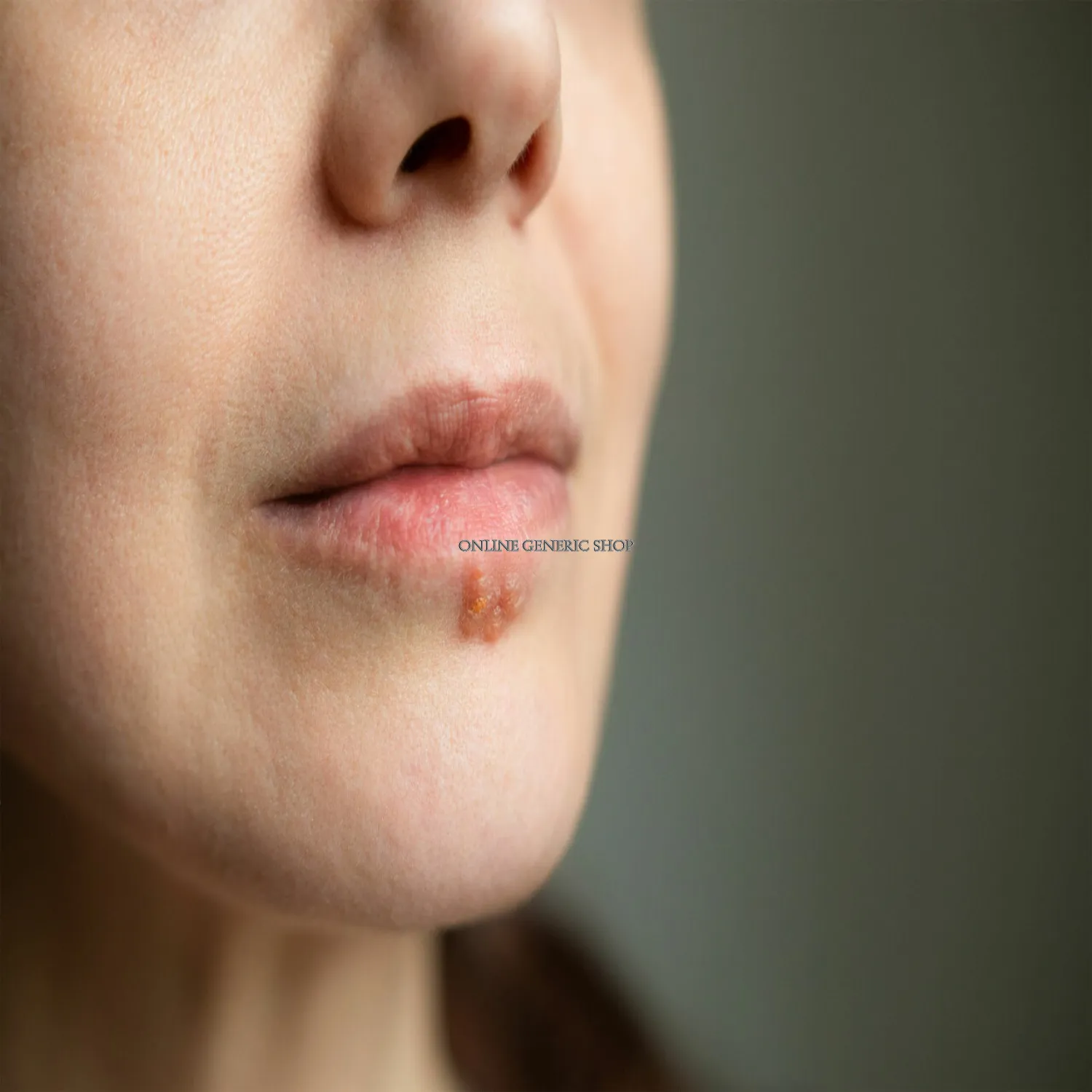
SUGGESTION FORM
PRODUCT REQUEST FORM
